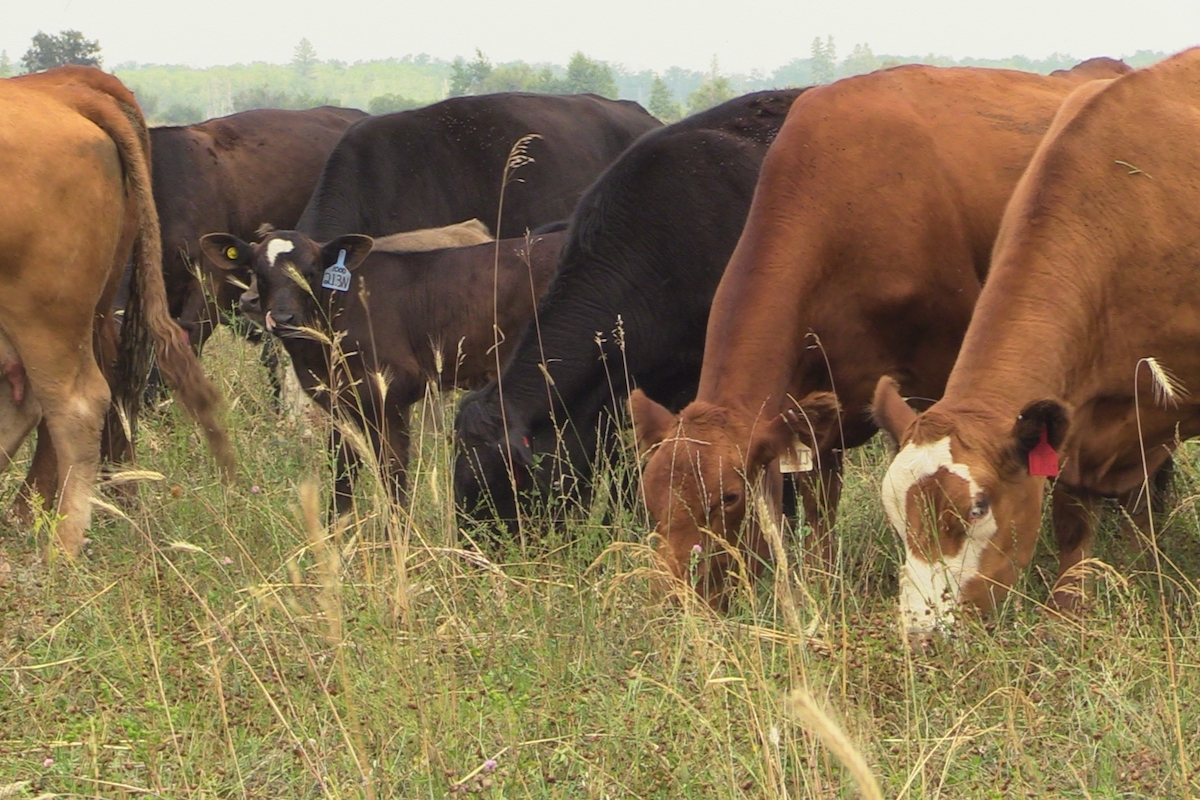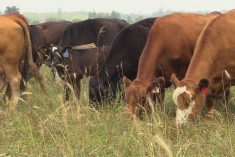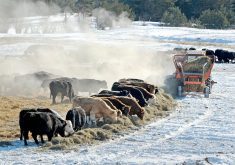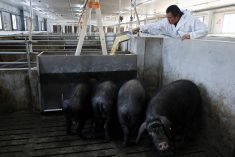Negotiators working toward a Canada-wide agreement on internal trade (AIT) should look to last week’s trade agreement between Quebec and Ontario on how to handle agricultural concerns, the two provinces’ main ag groups say.
Quebec’s Union des producteurs agricoles (UPA) and the Ontario Federation of Agriculture (OFA) voiced their support last week for the Quebec-Ontario Trade and Co-operation Agreement, noting its ag provisions are “largely based on a joint proposal by Quebec and Ontario producers,” according to UPA president Christian Lacasse.
Read Also

Beef industry weighs in on AAFC research cuts
The Canadian Cattle Association and Beef Cattle Research Council said cuts to federal research centres and programs will have long-term debilitating consequences for the beef industry.
“As such, it addresses most of our concerns regarding our respective marketing mechanisms and the protection of Quebec and Ontario food composition and labelling standards,” Lacasse said in a joint release Friday.
“The agreement is also in keeping with our common position regarding negotiations at the World Trade Organization (WTO), preserving the integrity of supply management and maintaining a healthy trade environment on the international scene,” OFA president Bette Jean Crews said in the same release.
“Consensus, consultation and dialogue with the farming world (is needed) for any economic agreement calling directly on agriculture producers,” the two groups said, adding such an approach “was not selected” for the AIT.
“Threatening”
The provincial and territorial premiers last month announced an AIT chapter on agriculture “without any consultation with the industry and despite previous commitments in this regard,” the groups said.
New versions of the AIT’s ag provisions were “effectively threatening all the measures promoting collective and ordering marketing, supply management, labelling rules and food composition standards,” Lacasse said.
Those provisions were “eventually dismissed,” he said, but nevertheless, “this is a crucial issue not just for the industry, but also for consumers, since many of the measures at issue focus on protecting them and guaranteeing them accurate, complete information on the products they buy.”
The Ontario-Quebec agreement is meant to create opportunities for “more robust trade” between the two provinces, improve labour mobility for professionals and workers, help create and sustain jobs and make the region “more attractive to international investment.”
The two provinces are also working on a “cap and trade” program meant to limit greenhouse gas emissions and to mesh with other trading systems under development worldwide.
The Ontario-Quebec agreement was signed the same day as the premiers of Saskatchewan, Alberta and British Columbia signed a Western Economic Partnership agreement.
The partnership, they said Friday, “will create a broad western interprovincial trade agreement to create the largest barrier-free trade and investment market in Canada. The partnership will also enhance collaboration on international marketing, innovation and procurement.”















